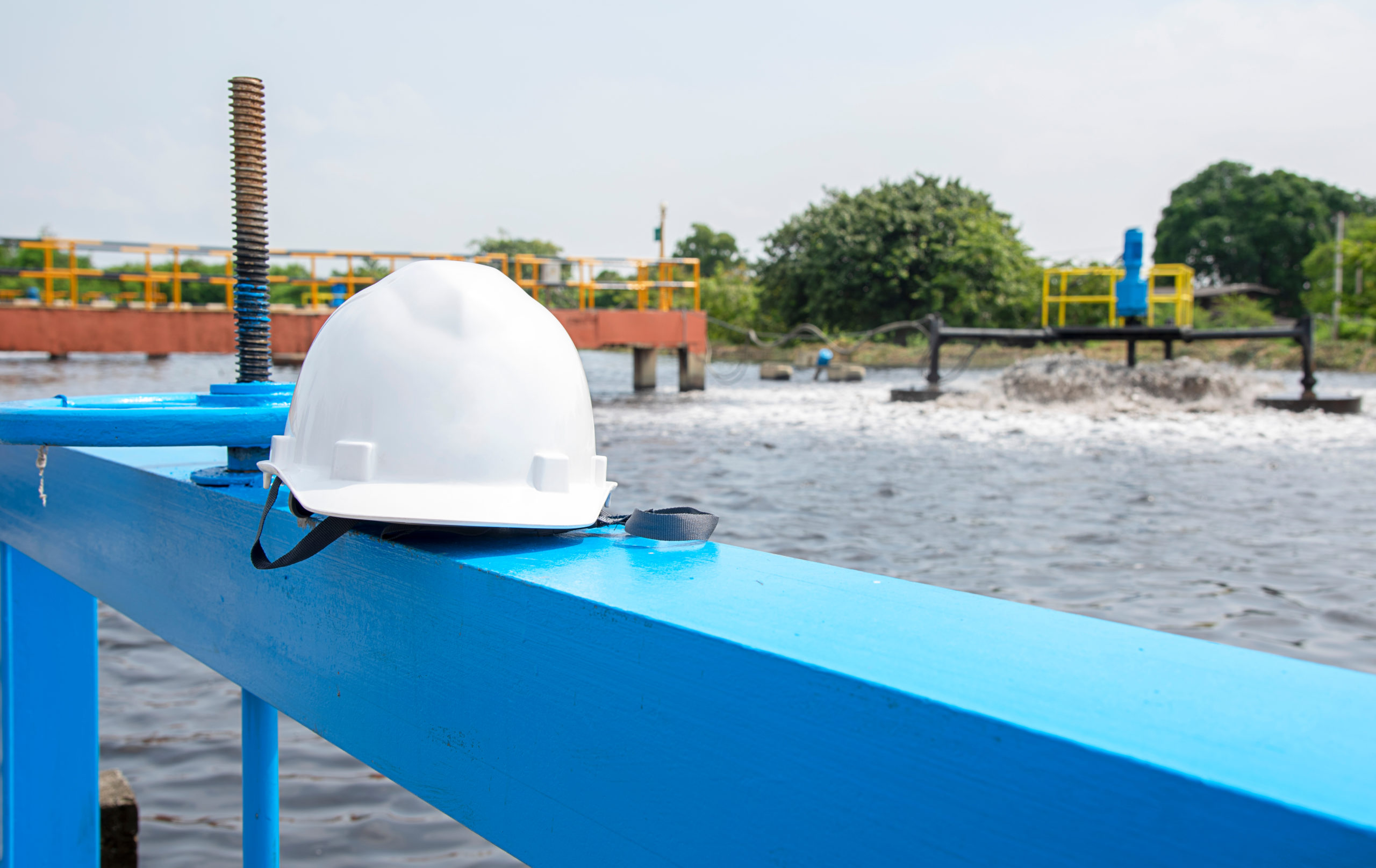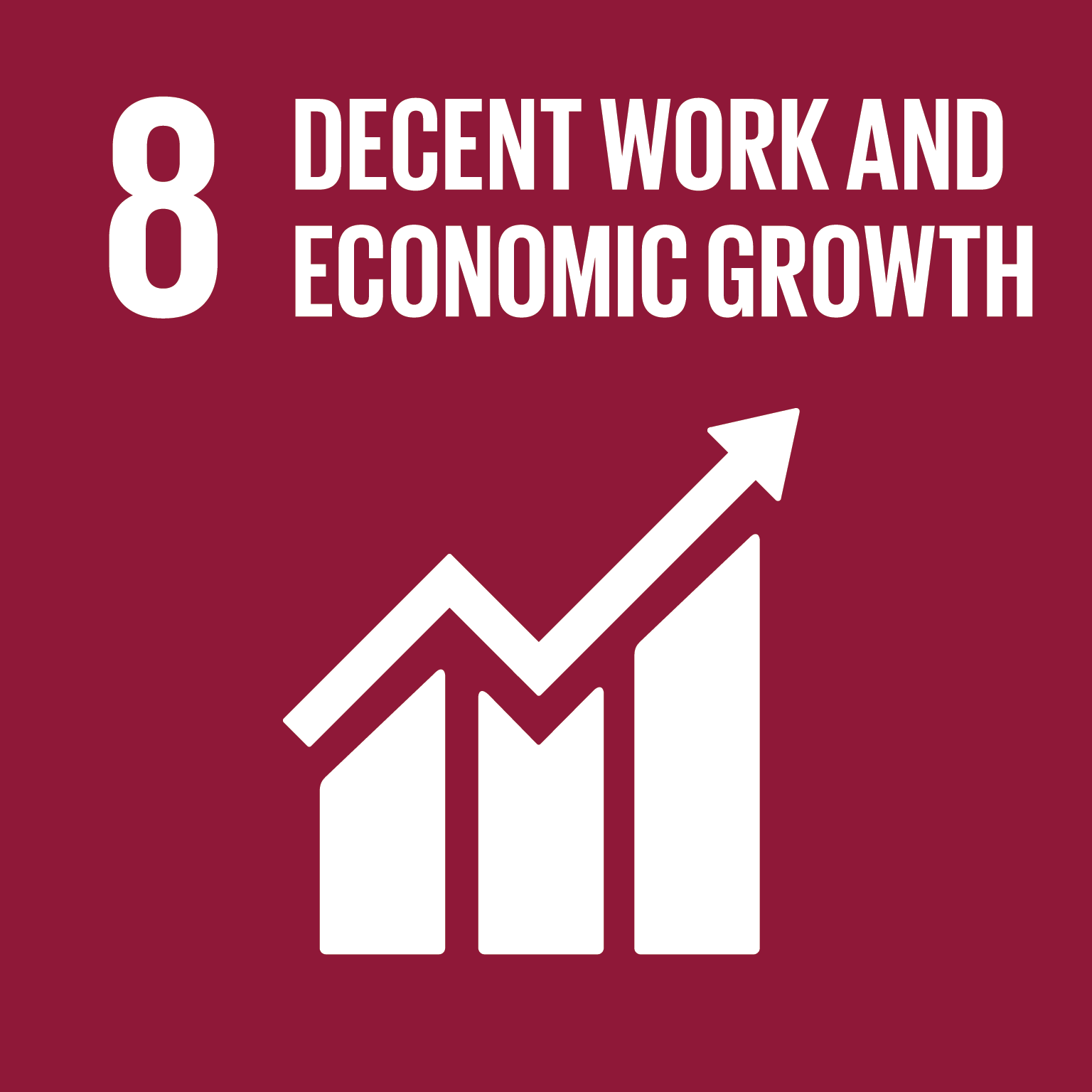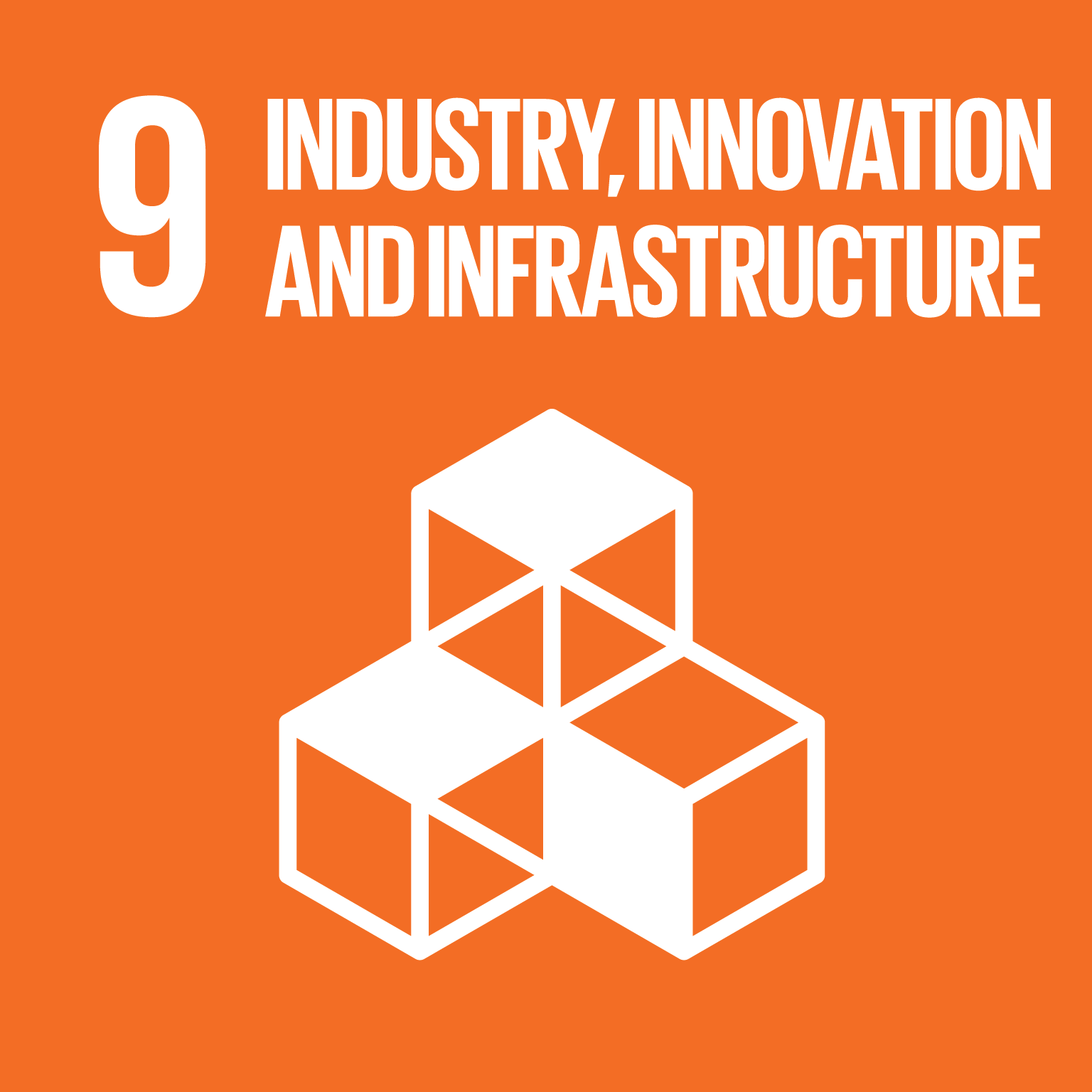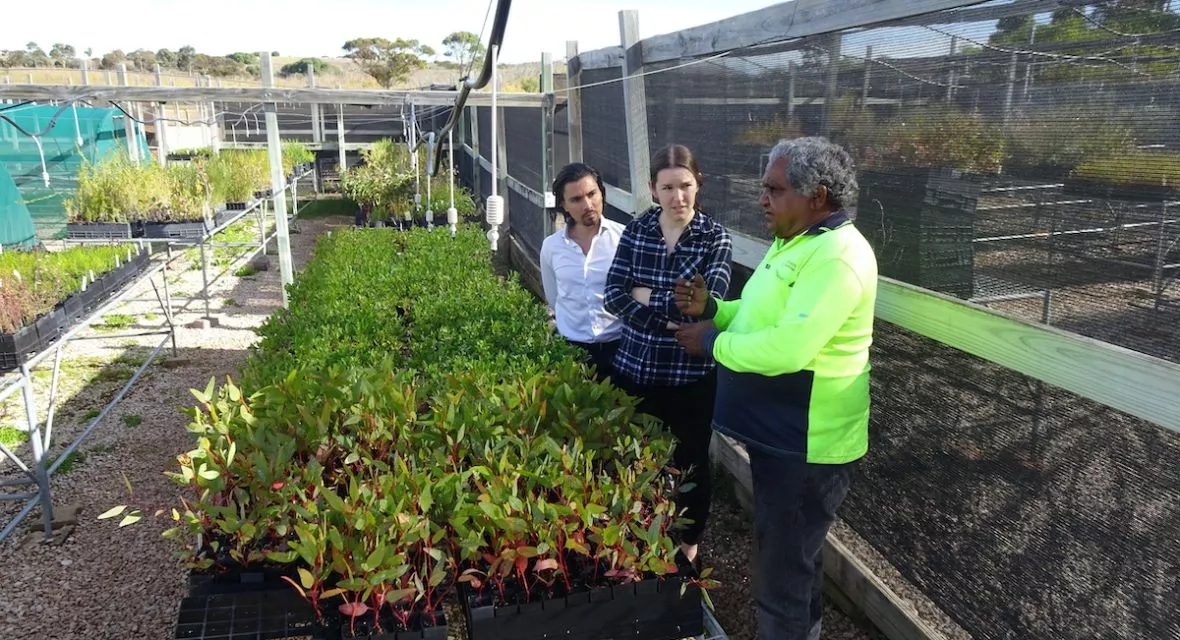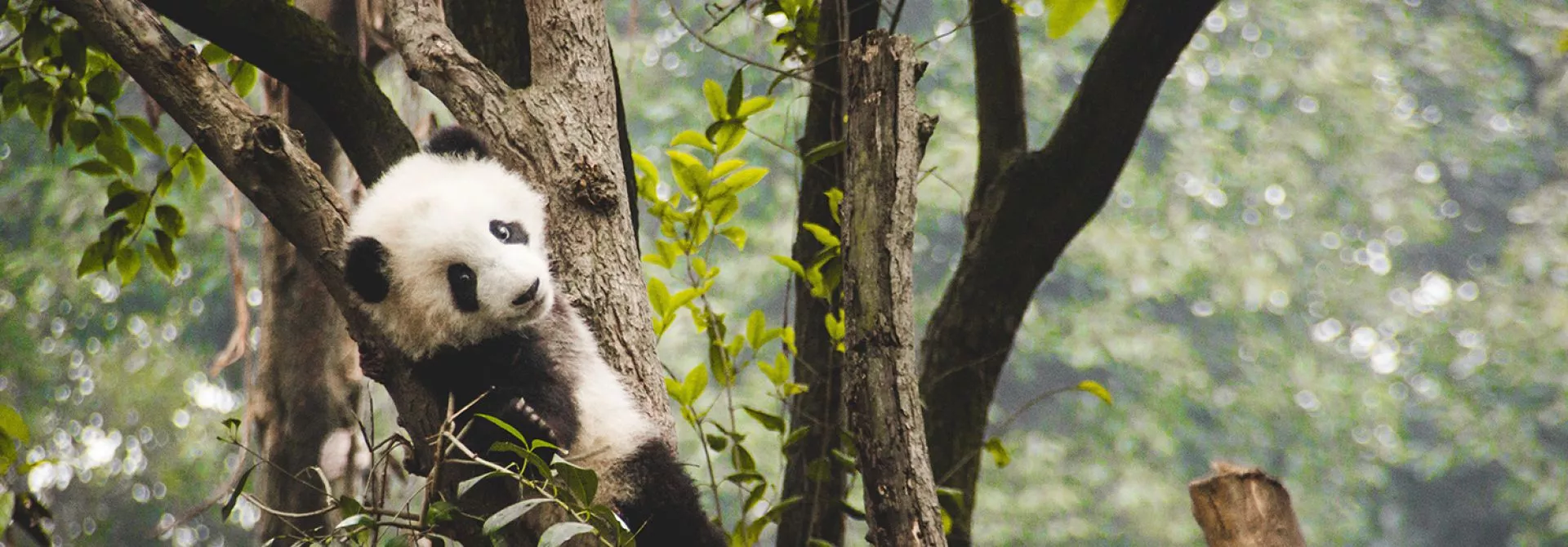Biogas from the Kornburi Wastewater Treatment project reduces Thailand‘s dependence on fossil fuels
The Kornburi Wastewater Treatment Project is located at a tapioca starch processing plant in Kornburi District in Northern Thailand. Biogas from wastewater is captured and burned to generate electricity and heat that powers the factory, preventing approximately 39,000 tonnes of greenhouse gases each year. Carbon offsets generated by the project are certified by Verra.
The General Starch factory in Kornburi District produces tapioca starch from dried cassava that is grown by farmers in the region. This process creates vast amounts of wastewater which is stored in a series of open lagoons. The large size of these lagoons and the warm temperature creates perfect conditions for the breakdown of organic compounds in the wastewater. This produces large amounts of the greenhouse gas methane, which is known to contribute to global warming.
